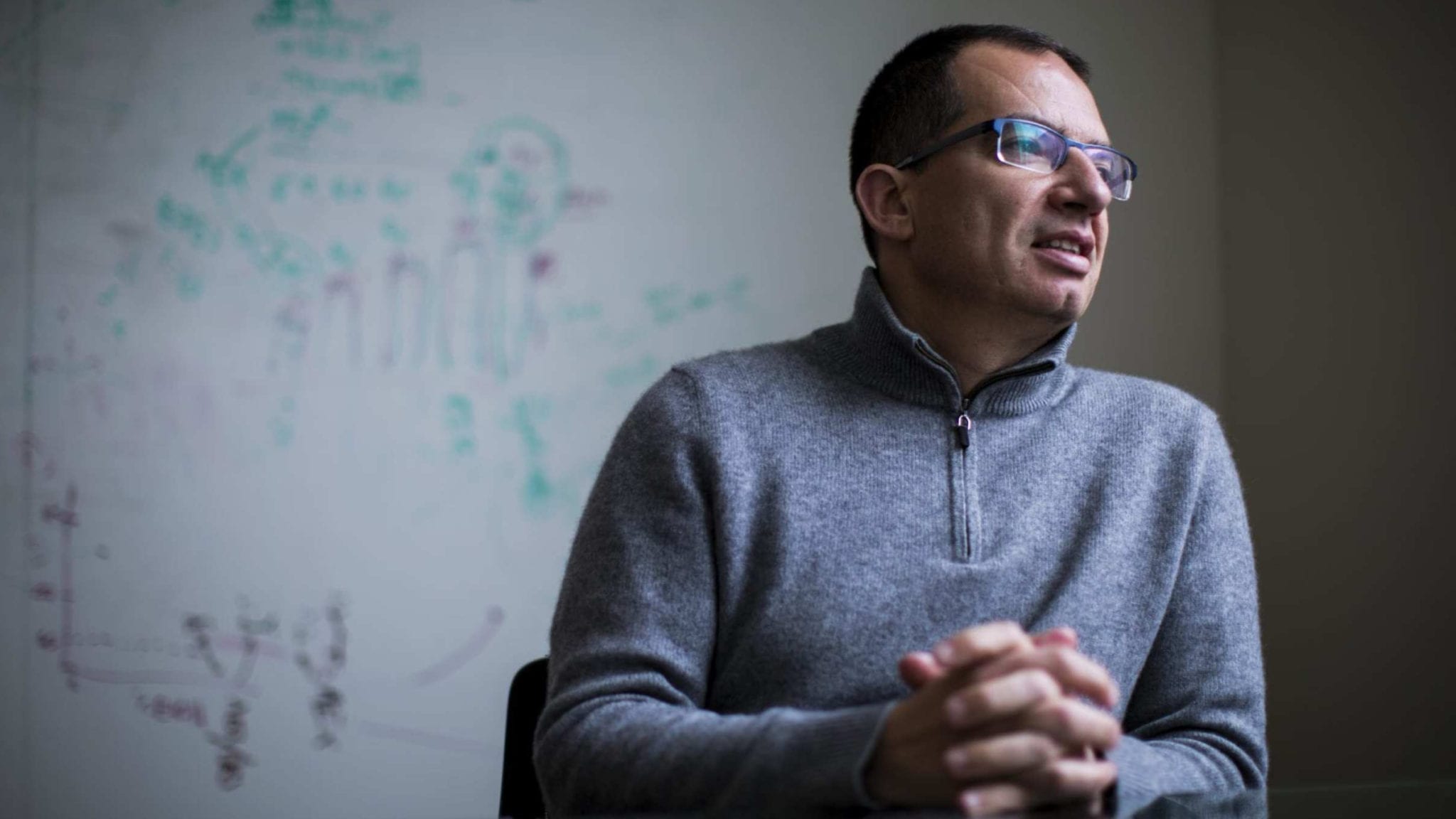
Moderna's Stéphane Bancel plans to double down on vaccine production, new variants as mRNA rules in pandemic fight
Stéphane Bancel thought he’d be sleeping more by now.
The 48-year-old Moderna CEO figured that by 2021 he’d have his vaccine through the clinic, authorized …
Sign up to read this article for free.
Get free access to a limited number of articles, plus choose newsletters to get straight to your inbox.